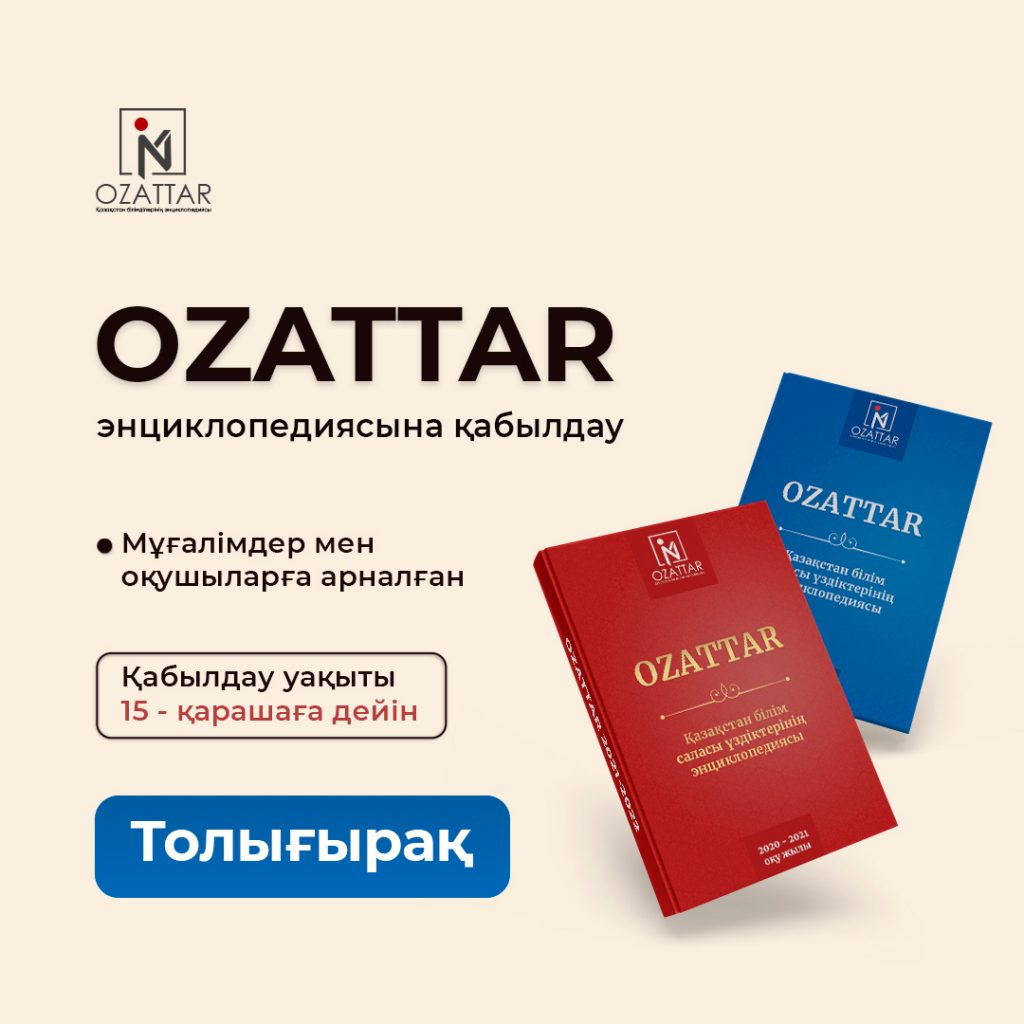| Long-term plan unit: 7 The natural environment | School: Sh.T.Erkinov | ||||||||||||||||||||||||||||||||||||||||||||||||||||||||||||||||||||
| Date: | Teacher name: N.Bisembaeva | ||||||||||||||||||||||||||||||||||||||||||||||||||||||||||||||||||||
| CLASS: 2 | Number present: | absent: | |||||||||||||||||||||||||||||||||||||||||||||||||||||||||||||||||||
| Theme of the lesson: Changing seasons | |||||||||||||||||||||||||||||||||||||||||||||||||||||||||||||||||||||
| Learning objectives(s) that this lesson is contributing to |
2.R3 recognise and identify some familiar sight words from local environment 2.S3 use a limited range of basic words, phrases and short sentences to describe objects, activities and classroom routines 2.L4 recognise with support short basic questions relating to features such as colour and number |
||||||||||||||||||||||||||||||||||||||||||||||||||||||||||||||||||||
|
Lesson objectives
|
· Make sentences with names of places; · Some learners will be able to · • Complete all the exercises without mistakes;Learners will be able to: |
||||||||||||||||||||||||||||||||||||||||||||||||||||||||||||||||||||
|
All learners will be able to: · name four seasons · recognise short basic instructions Most learners will be able to: · describe the pictures · answer the question. Some learners will be able to · Complete all the exercises without mistakes; |
|||||||||||||||||||||||||||||||||||||||||||||||||||||||||||||||||||||
| Success criteria | |||||||||||||||||||||||||||||||||||||||||||||||||||||||||||||||||||||
|
recognise four seasons identify 6-8 season pictures. |
|||||||||||||||||||||||||||||||||||||||||||||||||||||||||||||||||||||
| Value links |
Cooperation Respect : when students work in group, they will learn to be polite and respectful to each other
|
||||||||||||||||||||||||||||||||||||||||||||||||||||||||||||||||||||
|
Cross curricular links |
• Knowledge of the world • Art |
||||||||||||||||||||||||||||||||||||||||||||||||||||||||||||||||||||
| ICT skills | • Smart board | ||||||||||||||||||||||||||||||||||||||||||||||||||||||||||||||||||||
| Previous learning | Basic vocabulary for talking about the weather. | ||||||||||||||||||||||||||||||||||||||||||||||||||||||||||||||||||||
| Plan | |||||||||||||||||||||||||||||||||||||||||||||||||||||||||||||||||||||
| Planned timings | Planned activities (replace the notes below with your planned activities) | Resources | |||||||||||||||||||||||||||||||||||||||||||||||||||||||||||||||||||
|
Beginning
7 min
|
I. Organization moment Teacher: Good morning, boys and girls! Pupils: Good morning! Good morning! Good morning to you! Good morning! Good morning! We are glad to see you! Teacher: I am glad to see you, too!
II Psychological minute. Teacher put the flowers on the table. Learners come to the board, take the flowers and sing a song of “Flowers” At the behind of the flowers have pictures of seasons. Learners divided into four group through pictures of seasons.
III Warm up Learners watch a flash animation “ Four seasons”.
After the watching flash animation teacher ask following questions by method “Wandering correspondent”: — What about this video? — How many seasons do you know? -What are they? -Can you guess, what is the topic of our lesson? -Yes, you are right. Our new theme “Changing seasons”. Today we’ll speak about seasons. At the end of the lesson you’ll be able to — talk about the seasons; — learn by heart the poem about season. — Are you ready? |
https://www.youtube.com/watch?v=gAcDUEgMgmY
Flash animation- tree in the four seasons https://www.youtube. com/watch?v= Sg4bVv9tZP0
“Wandering correspondent”
|
|||||||||||||||||||||||||||||||||||||||||||||||||||||||||||||||||||
|
Middle
7 min
3 min
3 min
4 min
5 min
6 min
|
IV Introduction new theme
Before the starting our new lesson, please, let’s introduce new words. Look at the screen. Listen and repeat after me. Learners read the words chorus and individually. Winter [ ˈwɪntə(r) ] қыс Spring [ sprɪŋ ] көктем Summer [ ˈsʌmə(r) ] жаз Autumn [ ˈɔːtəm ] күз Light green [ laɪt ɡriːn] ашық жасыл Dark green [ dɑːk ɡriːn] қою жасыл Tree [ triː ] ағаш leaves [ liːvz ] жапырақтар
Open your dictionary book and write down the new words. Teachers comments pictures:
Spring has light green leaves on the trees. Summer has dark green leaves on the trees. Autumn has yellow leaves on the trees. Winter has brown leaves on the trees. These are four seasons in the year. V Practise Task 1. Speaking Describe the season. Teacher will give worksheets to learners. Learners colour the trees and describe the seasons.
I group(Winter). It is a tree. The tree has brown leaves. It is winter. II group (Spring) It is a tree. The tree has light green leaves. It is spring. III group (Summer). The tree has dark green leaves. It is summer. IV group (Autumn). The tree has yellow leaves. It is autumn.
Physical minute: Students watch a video “Seasons”.
Task 2. Read and sing. Learners listen and repeat poem about seasons. Spring is green, Summer is bright. Autumn is yellow, Winter is white.
Task 3. Group work. “Who is the fastest?” I group. Write. Learners work with group. Teacher give posters. Learners write the correct words. After the finishing work learners speak about seasons in the full class.
A) My favourite season is winter. The weather is snowy in winter. The tree has brown leaves. B) My favourite season is spring. The weather is rainy in spring. The tree has light green leaves
II group. Missing letters. Read and fill the missing letters for each words.
III group. Match. Match the words below with the right images, by writing down the correct number into the circle. 1. Snowy 2.Dress 3. Gloves 4.Rainy 5.Windy 6. Leaves
IV group. Funny wordsearch. Learners find the a range of weather related words. Search horizontally and vertically for all 9 words. 1. Spring 2. Rainy 3. Summer 4. Cold 5. Warm 6. Winter 7. Autumn 8. Cloudy 9. Sunny
VI Conclusion Formative assessement task. Yes / No question. |
Slide
Craft activities
|
|||||||||||||||||||||||||||||||||||||||||||||||||||||||||||||||||||
|
End
5 min
|
VII Feedback “Hot chair” One pupil sits on the hot chair and answers to the teachers questions. He must try to sit on the chair much time. — How many season do you know? — What weather like in spring? — What do you wear in winter?
VIII Reflection. “Traffic light”
|
|
|||||||||||||||||||||||||||||||||||||||||||||||||||||||||||||||||||
| Additional information | |||||||||||||||||||||||||||||||||||||||||||||||||||||||||||||||||||||
| Differentiation – how do you plan to give more support? How do you plan to challenge the more able learners? | Assessment – how are you planning to check learners’ learning? |
Health and safety check ICT links |
|||||||||||||||||||||||||||||||||||||||||||||||||||||||||||||||||||
| · More support will be given to weaker learners by giving them a modified worksheets in some tasks with greater support |
· Through feedback task · through observation of pair working · through formative task |
· White board is used no more than 10 minutes · Health promoting techniques · Physical activities used. · Points from Safety rules used at this lesson. · Use video |
|||||||||||||||||||||||||||||||||||||||||||||||||||||||||||||||||||
|
Reflection Were the lesson objectives/learning objectives realistic? What did the learners learn today? What was the learning atmosphere like? Did my planned differentiation work well? Did I stick to timings? What changes did I make from my plan and why?
|
Use the space below to reflect on your lesson. Answer the most relevant questions from the box on the left about your lesson. | ||||||||||||||||||||||||||||||||||||||||||||||||||||||||||||||||||||
|
Summary evaluation What two things went really well (consider both teaching and learning)? 1. 2. What two things would have improved the lesson (consider both teaching and learning)? 1. 2. What have I learned from this lesson about the class or individuals that will inform my next lesson? |
|||||||||||||||||||||||||||||||||||||||||||||||||||||||||||||||||||||
Topic: Changing seasons
Learning objective 2.L4 Recognise with support short basic questions relating to
features such as colour and numbe
Assessment criteria Identify short questions on topics with support such as colour and number.
Level of thinking skills Knowledge and comprehension
Duration 5 minutes
Task 1. Listen to the teacher and answer the questions.
Yes/No question.
- Do you like play snowballs? Yes/No.
- Can you make a snowman? Yes/No.
- Do you wear gloves in summer? Yes/ No.
- Do you like autumn? Yes/No.
- Can you name four seasons? Yes/No.
- Do you like flowers? Yes/No.
- Do you like swimming? Yes/No
Descriptor A learner:
- answers the questions appropriately




